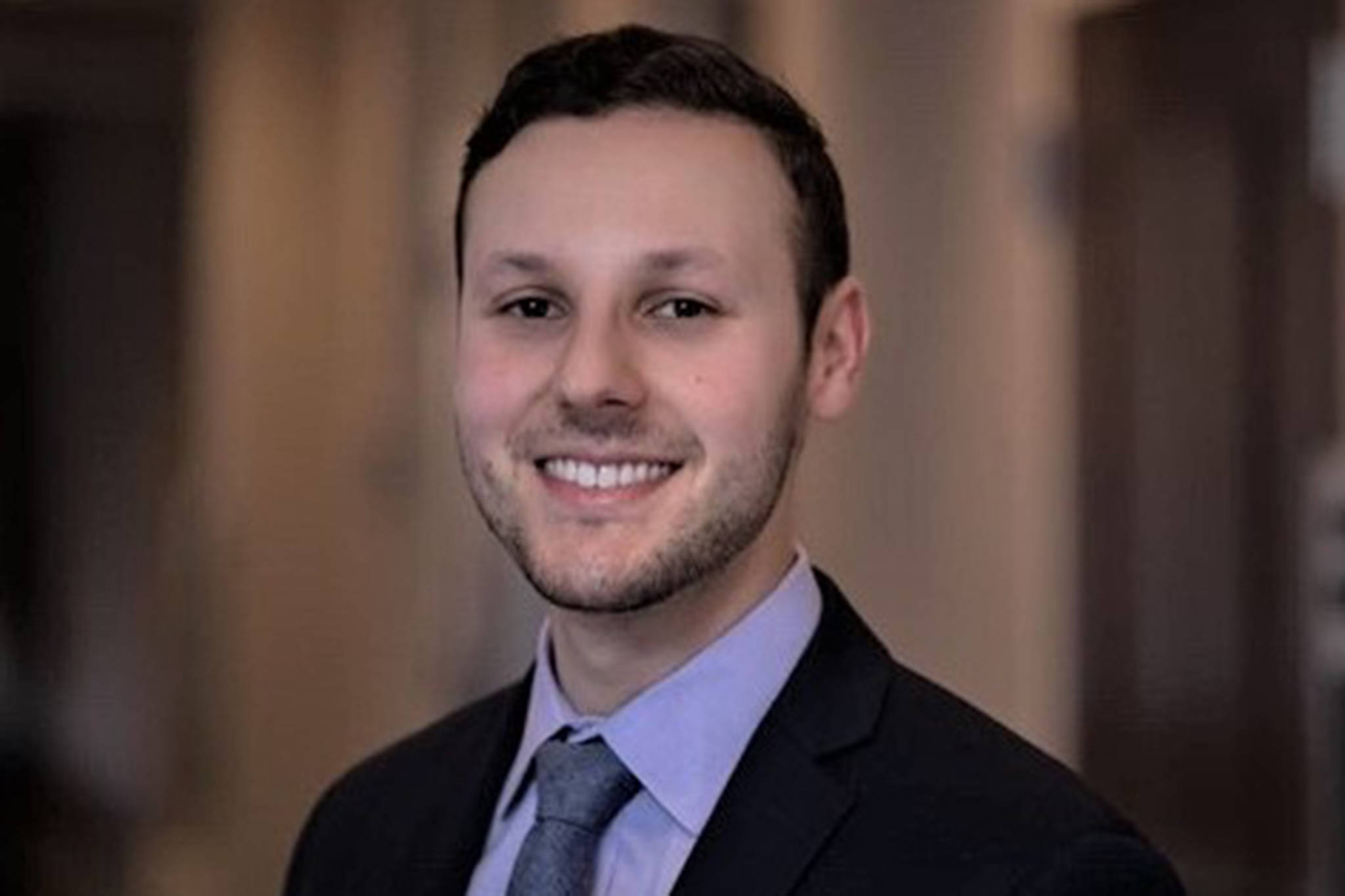By Max Antman
In Judaism, the beginning of a new month, or Rosh Chodesh in Hebrew, is marked by the birth of a new moon. It is considered a minor holiday and is celebrated with special prayers and a festive meal. And on this coming Sunday, March 14, 2021, we will welcome what is perhaps the most important month in the Hebrew calendar: Nisan. While the Jewish new year (Rosh Hashanah) is celebrated in the fall, the first month of the Jewish calendar (Nisan) actually occurs in the spring, coinciding with the annual festival of Passover.
Passover, or Pesach in Hebrew, is a yearly festival that begins on the 15th of the month of Nisan and lasts for seven or eight days, depending on whether it is being celebrated in Israel or in the Diaspora. It is one of the three biblically named, “Pilgrimage Festivals”, and commemorates the Exodus of the Children of Israel from Egyptian slavery in the Torah. Many Jews celebrate by eating Matzah, an unleavened flatbread made solely from flour and water, and participating in a Passover Seder, or ceremonial meal. Prior to the COVID-19 pandemic, Passover seders were like the Superbowl for Jewish families, with huge family gatherings, amazing food and lots of laughter. But due to the ongoing pandemic, this year will mark the second Passover that must be celebrated virtually.
In the midst of an enduring global health crisis and national reckoning on issues of racial injustice, I offer the following introduction to my virtual Pesach Seder this year. May it be a meaningful celebration, where we connect in whatever ways we can, and pray for the day when we will once again be together in person.
Passover, at its core, challenges us to remember a time when white Jewish people were not considered white, when they were not thought to be economically successful, when they did not have privilege. The holiday takes us back to when we were slaves in Egypt, and asks us to feel empathy towards those who face challenges in the modern world. Those who have less than we do. Those who encounter discrimination and bigotry on a daily basis. Those who are alone. But despite this foundation of empathy, the language surrounding Passover this year, on social media and in the news, has become all about us. How can we, once again, celebrate Passover in a meaningful way without the ability to gather? If we don’t have access to our favorite family recipes, should we even bother celebrating?
Dr. Martin Luther King Jr. was famously quoted as saying that “the ultimate measure of a person is not where they stand in moments of comfort, but where they stand at times of challenge and controversy.”
It is much harder to feel empathy toward others when we too are scared and alone. So this year, as we gather over Zoom in the midst of an enduring pandemic and national reckoning on issues of racial injustice, I challenge us to remember that despite our shared historical traumas, we have consistently been freed from bondage. We have a safe place to quarantine. Food to eat. The technology needed to connect. And economic stability to help us weather the storm. Let us use this time not to think exclusively about ourselves, and how we wish our circumstances were different, but instead do as the Holiday directs us, and feel empathy and compassion towards others.
• Max Antman is a second-year Rabbinical Student at Hebrew Union College-Jewish Institute of Religion, and currently serves as the Student Rabbi at Congregation Sukkat Shalom in Juneau. “Living & Growing” is a weekly column written by different authors and submitted by local clergy and spiritual leaders. It appears every Friday on the Faith page.

